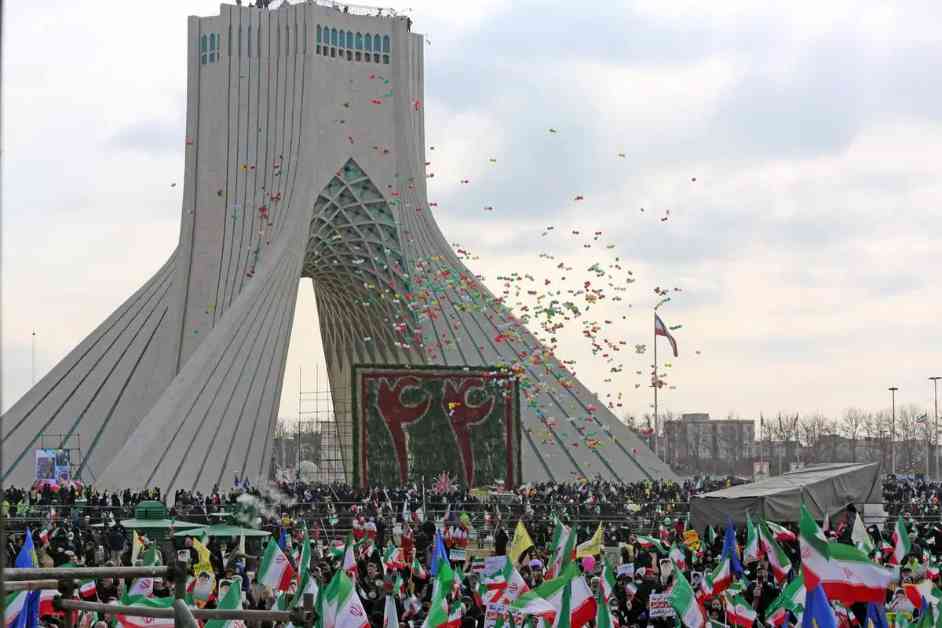The rise in public support for nuclear weapons in Iran, as seen in the IranPoll survey, can be attributed to the conflict in Gaza and perceptions of Israel’s actions. Iranians fear retaliation from Israel in a hypothetical war, leading to a desire for deterrence against potential mass casualties.
Iran’s strategic culture, influenced by historical legacies and shared beliefs, shapes the population’s support for nuclear armament. The nation’s history of decline in power and interventions by great powers instills insecurity, leading to a desire for regional leadership and autonomy.
Geography also plays a role in Iran’s strategic thinking, with a focus on maintaining a leadership role in the Middle East and preventing encirclement by more powerful states. The current regime’s blend of nationalism and Shi’ism aims to unify the nation and reinforce a sense of identity.
Iran’s quest for independence and self-sufficiency, amidst historical invasions and geopolitical isolation, fuels its nuclear aspirations. The collapse of the JCPOA and perceived failure of diplomatic solutions have led to skepticism towards negotiations and a stronger focus on deterrence for security.
The shift in public opinion towards supporting nuclear weapons in Iran reflects a complex interplay of regional conflicts, historical experiences, and desires for independence. As Iran navigates its geopolitical landscape, understanding these factors is crucial for analyzing its strategic behavior and security concerns.









